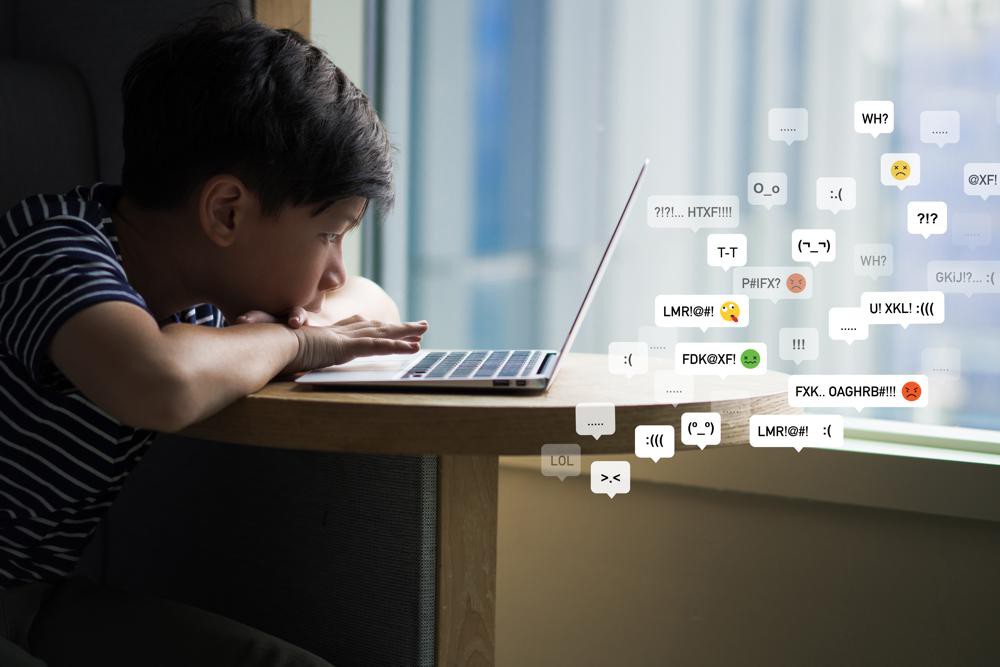Benjamin Avshalomov
Surgeon General Advisory: Social Media and Youth Mental Health.
The Report
The current U.S. Surgeon General, Dr. Vivek Murthy, released an extensive advisory report on social media and youth mental health. While social media may offer benefits, there are clear indicators that social media can also pose a risk of harm to the mental health and well-being of children and adolescents. Social media use by young people is nearly universal, with up to 95% of young people ages 13-17 reporting using a social media platform and more than a third saying they use social media “almost constantly.”
Call to Action
Dr. Vivek Murthy’s advisory comes as a call to action urging policymakers, researchers, parents, children, technology companies, and those in the mental health community to gain a better understanding of how social media impacts our community, how to optimize social media usage and how to create a safe online environment. Most social media platforms are designed for kids above the age of thirteen, but recent data shows that 40% of kids between the ages of 8-12 use these platforms often. Growing bodies of research acknowledge the potential harm of social media use during critical stages of development on mental health outcomes. The surgeon general’s report goes on to state that, at this time, there is not yet enough evidence to determine if social media is sufficiently safe for children and adolescents. That is a strong statement that highlights the need for a more in-depth understanding of how social media is affecting our young people's mental health.
What is the Harm?
This report highlights a bunch of potential harms citing evidence from current research. Of course, accessibility to harmful, inappropriate, and extreme content is a concern. Risk-taking challenges have claimed the lives of several children, even recently, as kids are pushed to ride on top of subway cars, drink dangerous amounts of soy sauce, and take on other risky challenges. This content could be especially dangerous to children who are already struggling with mental health concerns. Furthermore, studies show that content that depicts self-harm could normalize that behavior and increase its prevalence. Social media posts may also perpetuate body dissatisfaction and disordered eating behaviors. This report cited 20 studies that found a relationship between social media use, body image concerns, and eating disorders. Other studies found problematic exposure to hate-based content, harassment, and predatory behaviors. Excessive and problematic use has been linked to sleeping problems, attention problems, and depressive symptoms.
Some Unanswered Questions
● How does social media use interact with a person’s developmental stage for measuring risk of mental health impact?
● What types of strategies and approaches are effective in protecting the mental health and well-being of children and adolescents on social media (e.g., programs, policies, design features, interventions, norms)?
● What type of content, and at what frequency and intensity, generates the most harm? Through which modes of social media access (e.g., smartphone, computer) and design features? For which users and why?
These and the other questions in the report must be addressed. In the mental health community, we are working hard to understand and answer these questions.
Moving Forward
This report breaks down what each group of people can do moving forward, from researchers to policymakers. This is a well-thought-out report that hopefully brings awareness to a very real issue that almost every clinician and parent is familiar with today. Having a real discussion about the risks and benefits of social media with our children is so important. Teaching them to track the amount of time they spend on social media and enabling them to block unwanted material could help. Most importantly, we must let our children know how and when to reach out to us (parents or mental health clinicians) when they are negatively affected by social media. Reading this report as a parent or teenager can be very helpful. I highly encourage taking a look!
References and Resources
Full Report
https://www.hhs.gov/sites/default/files/sg-youth-mental-health-social-media-advisory.pdf
Health and Human Resources Article
https://www.hhs.gov/about/news/2023/05/23/surgeon-general-issues-new-advisory-about-effects-social-media-use-has-youth-mental-health.html
Research Editorial
https://acamh.onlinelibrary.wiley.com/doi/10.1111/jcpp.13302



